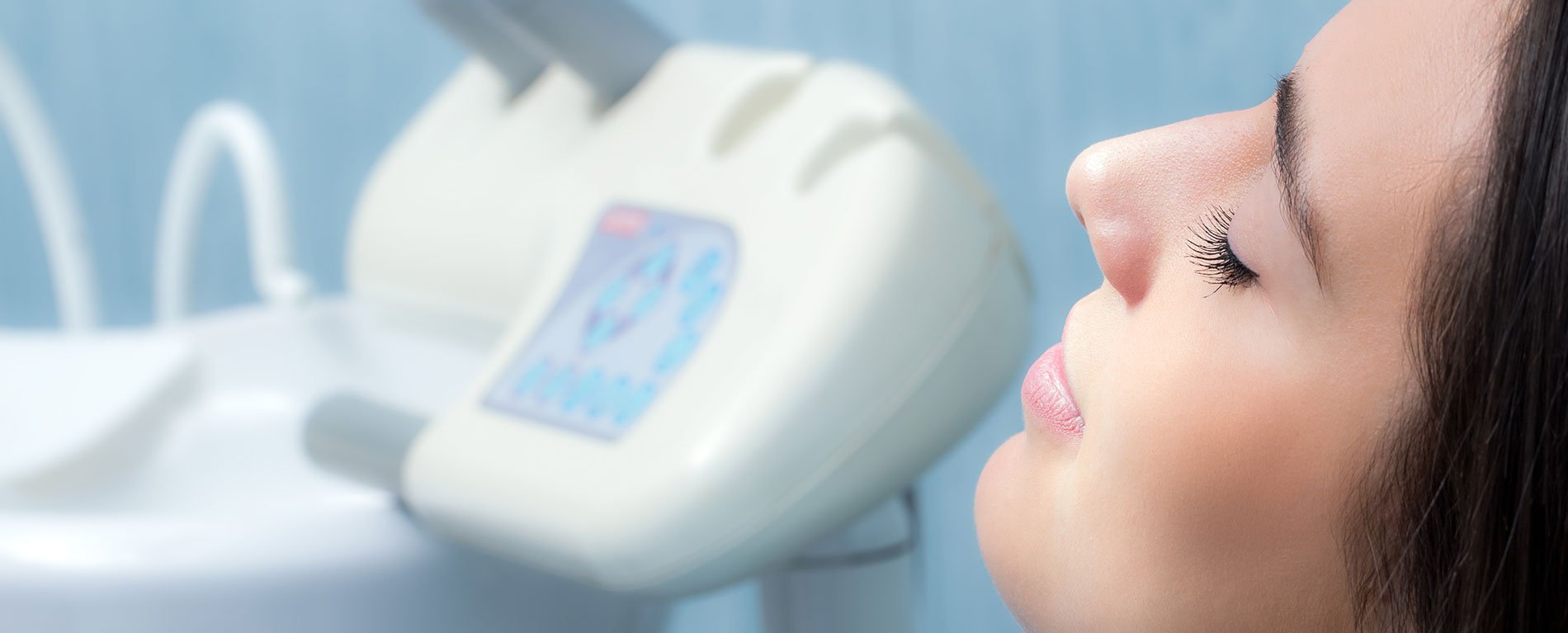Sedation dentistry allows patients to feel at ease and comfortable when undergoing a treatment. Some dental patients are apprehensive and anxious when they are having treatment completed and we understand that this may be a deterrent for many patients. By easily accommodating our patients with sedation, patients can complete their treatment plans with confidence.
What is Intravenous (IV) Sedation?
IV Sedation refers to the use of pharmacological agents administered intravenously to calm and relax a patient prior to and during a dental appointment. The pharmacological agents belong to a class of drugs called sedatives, which exert their action by depressing the central nervous system allowing the patient to be calmer, more relaxed and usually unaware of the procedure taking place.
IV Sedation also known as ‘twilight sedation’ is a state of being in-between awake and asleep. Patients are still semi-conscious and are able to respond to commands such as ‘take a deep breath’ or ‘open wider’ with no recollection of the procedure. The sedative drugs used have anterograde amnesic properties meaning that patients don’t remember what happens during the time the drugs are active. Memory before and after sedation is usually not affected. Patient’s often feel that the whole procedure passed in only a few minutes when in reality, it may have taken several hours.
No procedure is too small for this process. If you are a patient who is too anxious to even have a dental clean, then sedation can definitely help you.
The most common procedures performed under dental sedation are:
- Wisdom teeth extractions
- Tooth extractions
- Fillings
- Implants
However, any dental procedure can be performed.
What to Expect
On the day of your dental sedation, monitors are set up to assess Blood Pressure, Oxygen Saturation, Pulse Rate and an ECG is placed to monitor the heart both before and during the dental procedure. Once fitness for IV sedation has been established, an intravenous line is set-up. Sedative and pain-relieving drugs are administered via this IV line and instant relaxation is felt within a few minutes allowing the dentist to initiate the dental procedure needed. Local anaesthetic is only administered once sedation is underway so there is no awareness of any needles orthe procedure.
Your sedation expert
MELISSA LICENBLAT
Principal Dentist/Sedationist
We are delighted to have Dr Melissa Licenblat join our team at Warnervale as a visiting seditionist. Having worked in private general practice at several surgeries in the Sydney metropolitan area after moving from Wollongong NSW, Dr. Melissa Licenblat brings a wealth of experience and skill in sedation to our patients. Dr Melissa has a Medical Science degree from the University of Sydney coupled with an honour’s degree from their esteemed Dental Program and has also attained a Graduate Diploma in Clinical Dentistry (Conscious Sedation and Pain Control) and is a practicing Sedationist as well as being a dentist in Sydney.
Dr Melissa Licenblat will be performing sedation at Warnervale Dental for suitable patients on a regular basis, to find out more please contact the practice on (02) 4392 0990.
